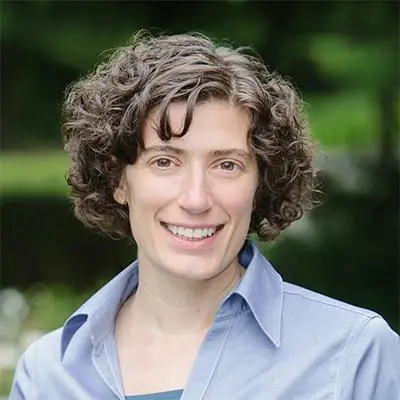
Betheny Gross is a Research Director at WGU Labs and a former Senior Research Analyst and Research Director at the Center on Reinventing Public Education (CRPE). Dr. Gross has examined evidence and outcomes of district and state reform across the country. She led CRPE’s national study of systemic efforts to support the implementation of personalized learning.
In the summer of 2022, the Center on Reinventing Public Education convened a panel of education and youth development experts to take stock of recent efforts to address students’ mental health and well-being and to reestablish core elements of social and emotional learning (SEL) in schools.
During the 2020–21 school year, a large share of students opted to enroll in established, full-time virtual schools. Our analysis of federal enrollment data suggests parents, perhaps dissatisfied with remote schooling or concerned about the safety of in-person learning, sought new alternatives to traditional school districts during the COVID-19 pandemic.
This report is part of a series that aims to provide a definitive account of the best available evidence on how the COVID-19 pandemic has affected America’s students.
This year has been an endless stream of hard choices for teachers. Perhaps the most consequential of these is what curriculum they will cover amid the year’s many distractions, shifting schedules, and the challenges of remote and hybrid learning.
This brief gives a snapshot of how school districts across the country are currently planning for fall 2020, how they are planning for contingencies of COVID-19 spread, and how this varies based on district characteristics.
The Governor’s Emergency Education Relief Fund (GEER I and II) gave states $4.25 billion in discretionary federal dollars to support K–12 schools, higher education, and workforce initiatives.
We interviewed K–12, state, and nonprofit leaders who have been focused on redesigning education and career pathways about how their work has changed in the last year and what their priorities are as the nation emerges from the pandemic.
Fifty-six percent of students say they are more stressed about school than before the pandemic. Eighty-three percent report a physical symptom of stress—like difficulty sleeping, headaches, and weight gain or loss.
Our latest analysis of school district learning models from March 1 to March 13 finds that a clear majority—57 percent—of the nation’s school districts report offering full-time in-person learning.
This brief, informed by interviews with school and system leaders in the New England region, suggests some efforts to reinvent schools before the pandemic have helped schools to navigate the current crisis.
Our December review of a statistically representative sample of 477 districts found 31 percent are operating in fully remote learning—a larger percentage than at any other point during the fall semester.
In-depth case studies of five charter schools reveal lessons learned on educating students with disabilities remotely during the COVID-19 pandemic.
We knew the sudden shift to remote learning would be hard. For the last two months CRPE followed a group of large, mostly urban school systems as they clarified their expectations for teaching students, tracking attendance, and monitoring learning.
This report describes the implementation of RESCHOOL Colorado’s Learner Advocate Network between 2018 and 2019 and what it implies for expanding similar efforts elsewhere.
With school buildings across the country shut down for an unknown period of time, educating students necessarily means massive changes in how educators deliver instruction and how school and system leaders support these efforts.
This spring the Center on Reinventing Public Education launched the Big Think Network—a collaboration among six organizations that are working to build more just and responsive learning systems in their communities.
For parents of children with disabilities, finding a school where the adults not only care about what your child needs but are capable of providing it can be life-changing.
This report is the first step in developing an evidence base about how charter schools meet the needs of unique learners, how they can improve in this work, and what aspects of chartering as a governance model support or impede their ability to do so.